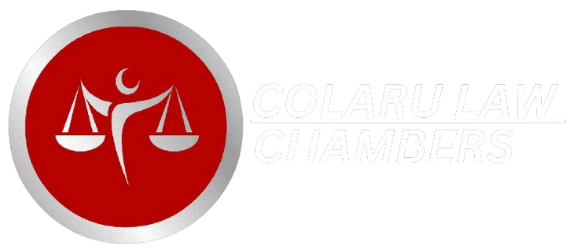Criminal Defence
Colaru Law Chambers are able to provide a high level of personal guidance throughout all forms of criminal prosecution in England, UK. We provide expert representation in all types of criminal cases in the High Court, Sheriff or Justice of the Peace Courts.
Civil Litigation
Colaru Law Chambers represent clients in a broad range of civil court cases, both in the Sheriff Court and Court of Session.
Contractual Disputes
Contracts form the backbone of daily life in any business. Occasionally, difficulties arise in relation to what was actually agreed and disputes occur if one party does not do what the other expects them to do.
Guardianship & Incapacity
We have significant experience in relation to Guardianship applications both from the perspective of raising applications for Guardianship and also in opposing such applications in disputed cases. Ian Woodward-Nutt also regularly acts as a Court appointed reporter in relation to Guardianship cases.
Building Disputes
Whether you are a builder seeking payment for works which have run into difficulties or a client receiving possible defective building work, it is best to seek our advice at the earliest possible juncture.
Road Traffic Offences
Road Traffic Law forms part of the Criminal Law that is a broad and technically complicated area. If you have been charged by the police or have received papers intimating a criminal prosecution for an alleged road traffic offence, it is important to take advice from an experienced criminal defence lawyer at the earliest opportunity.
Property & Boundary Disputes
Few aspects of life can cause such concern as a neighbour asserting rights over your land or preventing you from doing something on their land that you thought you had a right to do.
Divorce, Separation & Cohabitation
The breakdown of a relationship, be it marriage, civil partnership or cohabitation, leads to all manner of financial worries and practical difficulties as the inevitable change in your personal circumstances occurs. This is especially so if there are major assets which require to be divided.
Road Haulage Representation
Colaru Law Chambers are pleased to offer representation in all matters concerning road haulage and transport law.









